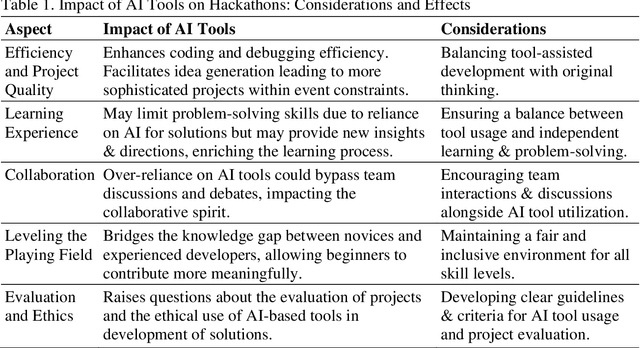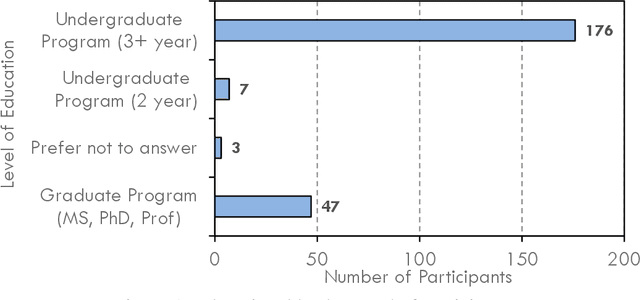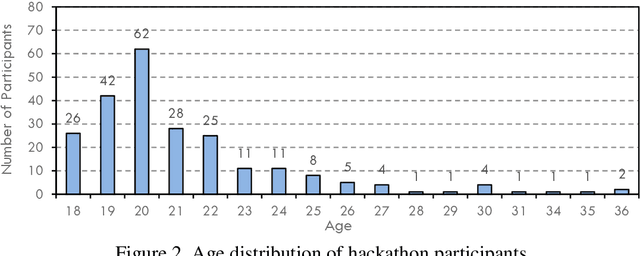Zhouyayan Li
Integrating Generative AI in Hackathons: Opportunities, Challenges, and Educational Implications
Feb 01, 2024



Abstract:Hackathons and software competitions, increasingly pivotal in the software industry, serve as vital catalysts for innovation and skill development for both organizations and students. These platforms enable companies to prototype ideas swiftly, while students gain enriched learning experiences, enhancing their practical skills. Over the years, hackathons have transitioned from mere competitive events to significant educational tools, fusing theoretical knowledge with real-world problem-solving. The integration of hackathons into computer science and software engineering curricula aims to align educational proficiencies within a collaborative context, promoting peer connectivity and enriched learning via industry-academia collaborations. However, the infusion of advanced technologies, notably artificial intelligence (AI), and machine learning, into hackathons is revolutionizing their structure and outcomes. This evolution brings forth both opportunities, like enhanced learning experiences, and challenges, such as ethical concerns. This study delves into the impact of generative AI, examining its influence on student's technological choices based on a case study on the University of Iowa 2023 event. The exploration provides insights into AI's role in hackathons, and its educational implications, and offers a roadmap for the integration of such technologies in future events, ensuring innovation is balanced with ethical and educational considerations.
 Add to Chrome
Add to Chrome Add to Firefox
Add to Firefox Add to Edge
Add to Edge